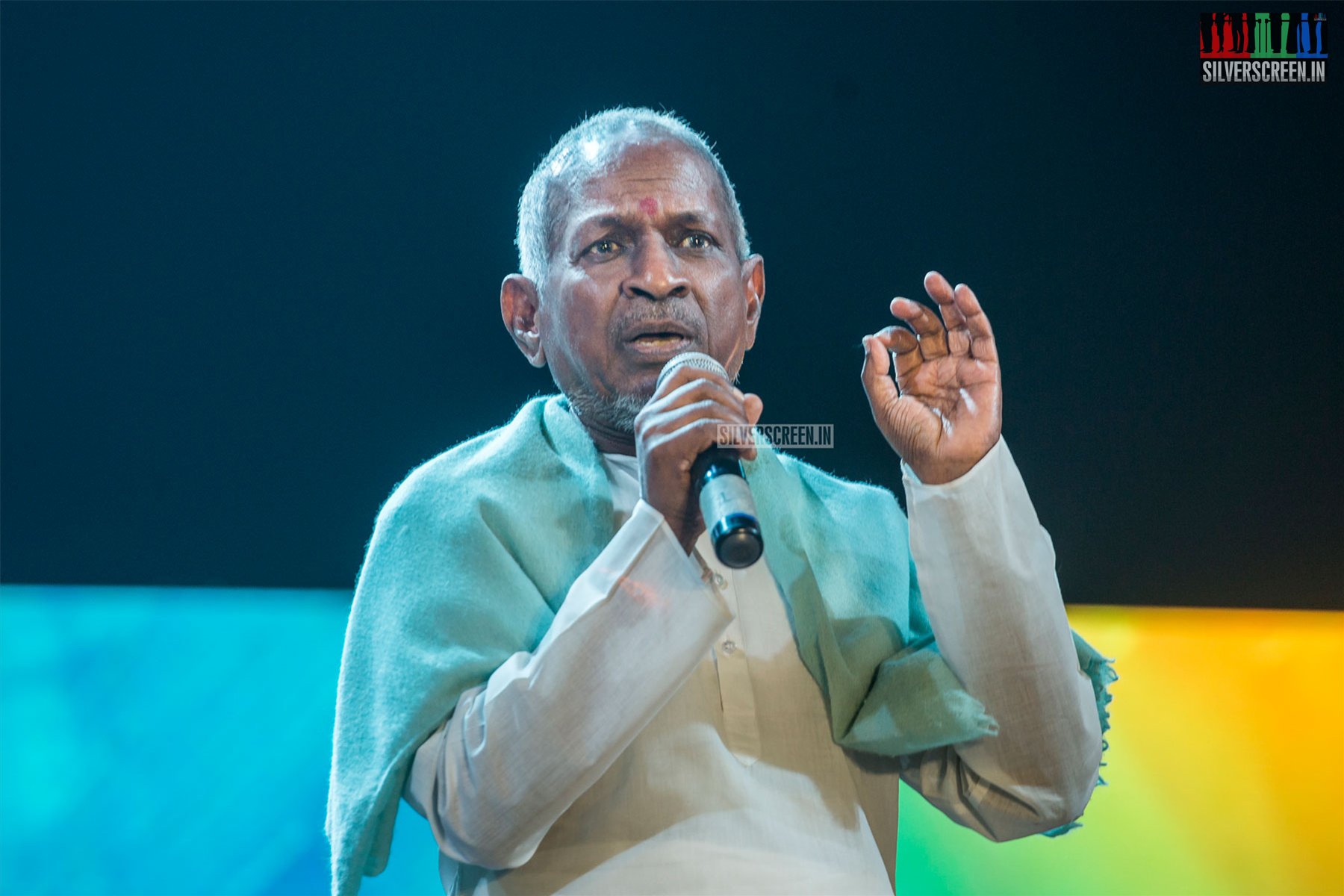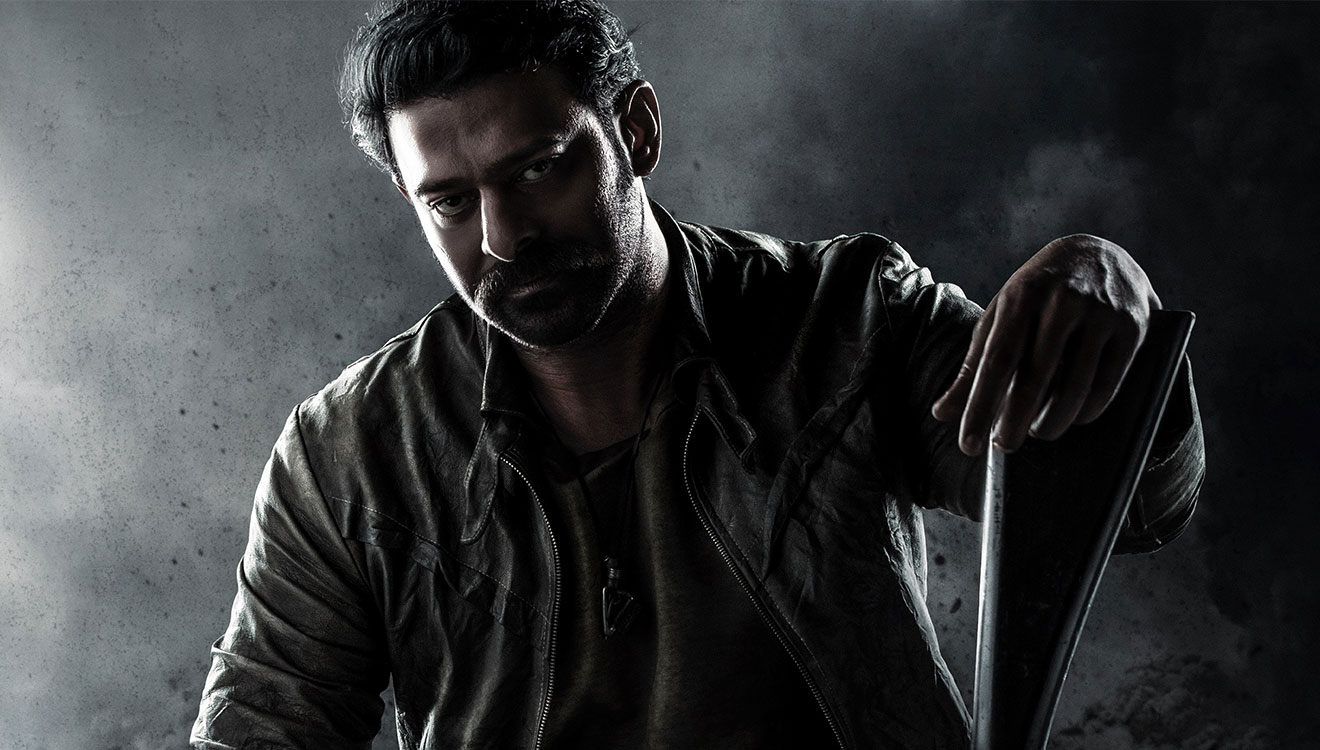Director: Santha Kumar
Cast: Arya, Mahima Nambiar, Indhuja, Rohini, Jayaprakash
Music: SS Thaman
Director Santha Kumar is back after eight long years with another hard-hitting revenge drama after Mounaguru. Though Magamuni is not exactly an action film it maintains the tone of one throughout.
Magamuni is the story of brothers Maha and Muni whose lives intertwine (at the end) after a series of unfortunate events. Maha is aggressive yet soft whereas Muni is the harmless, innocent one. The movie begins with shots of people at a prison hospital’s psychiatric ward. A police officer asks a doctor to treat Maha (Arya) who is seated stiff, among others. They decide to look into his history to find out how he ended up there. The film transitions to his past where he is seen on OMR as a cab driver. We are also shown Muni’s (Arya again) life. He’s a tutor and a ‘staunch’ bachelor in a village in the Erode district. Maha has a wife, a kid and the lower hand in the relationship but is supported and loved by Viji (Indhuja) through the film. Muni gets close to a tomboyish city girl Deepa (Mahima Nambiar), who visits the town to complete her college project.
Recommended
Maha, we discover eventually is a silent hitman for minister Muthuraj (Ilavarasu) who is yet to settle his dues. Maha decides to help him out one last time, collect his dues and leave the city with his family when he gets falsely accused of murdering someone he only kidnapped. Meanwhile, Deepa’s step-father’s ‘side’ strongly objects to her relationship with Muni, because of caste and class. They even attempt to murder Muni; he narrowly escapes thanks to Deepa.
Instead of taking the usual route where both brothers meet and fight together against their enemies, the screenplay takes a different turn. With the exception of a shot at the end we never see the brothers together. Both face each other’s enemies unaware of the fact that each group is on the lookout for the other twin.
The film’s seamless screenplay holds our attention throughout, despite a slow-pace. Each scene is well-staged. The film’s characters reveal either their backstories or another character’s with simple dialogues, avoiding elaborate tiresome narration or visuals. All the characters have been written with depth, and everyone in the film has performed effortlessly. Indhuja pulls off the boisterous yet coy housewife with ease, making it a delight to watch her on-screen, following her commendable performance in Meyaadha Maan. Mahima Nambiar too plays the tomboyish woman perfectly. In one notable scene, Deepa breaks an imported liquor bottle after taking a few sips and asks her step-father to purchase his liquor from a local TASMAC, indirectly saying that he belongs to ‘that’ class. Rohini as Deivanai has little screen space but does her part well. The only disappointment was the very mainstream casting of politicians in the film although all of them lived up to their roles. Arya has lived up to both his roles but Maha has the upper hand in terms of performance. Muni doesn’t appear as much and even when he does, he is very soft-spoken.
SS Thaman’s background score elevates the mood of the scenes and complements the narrative perfectly. The film, thankfully, does not have any songs that disrupt its flow. Arun Bathmanaban’s cinematography is top-notch giving Maha and Muni a unique tone that suits each character. All of Maha’s scenes are filled with dark shades of yellow and brown while Muni’s frames are bright with blue and white tones.
Overall, I’d say, the film is a must-watch for its gripping screenplay and strong characters.
The Magamuni review is a Silverscreen original article. It was not paid for or commissioned by anyone associated with the film. Silverscreen.in and its writers do not have any commercial relationship with movies that are reviewed on the site.



